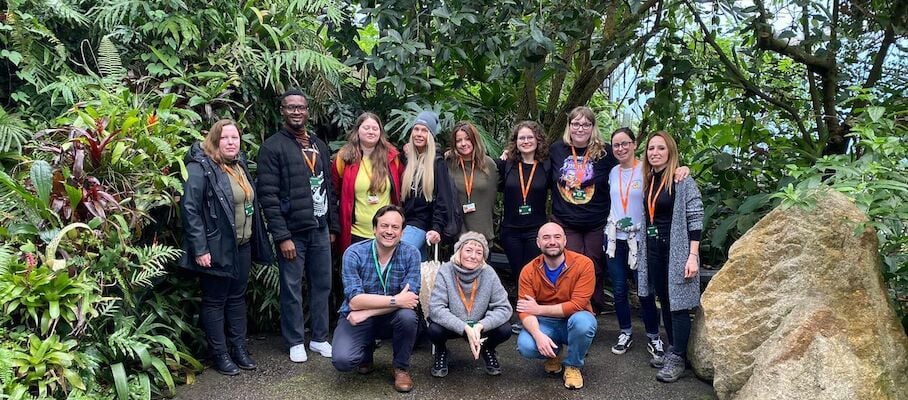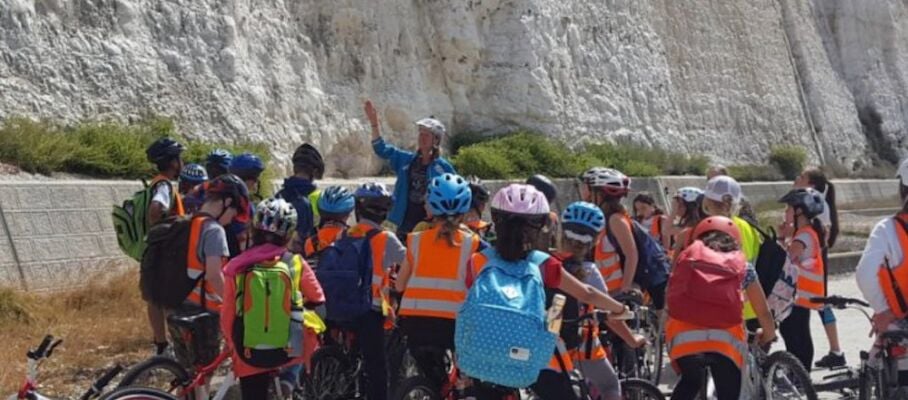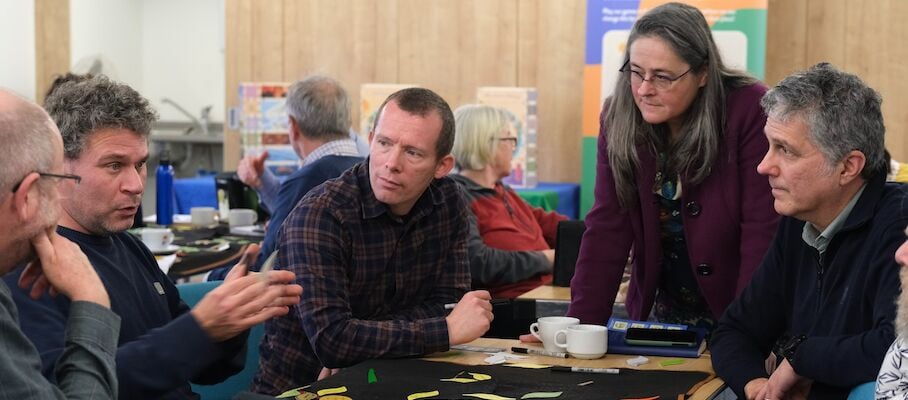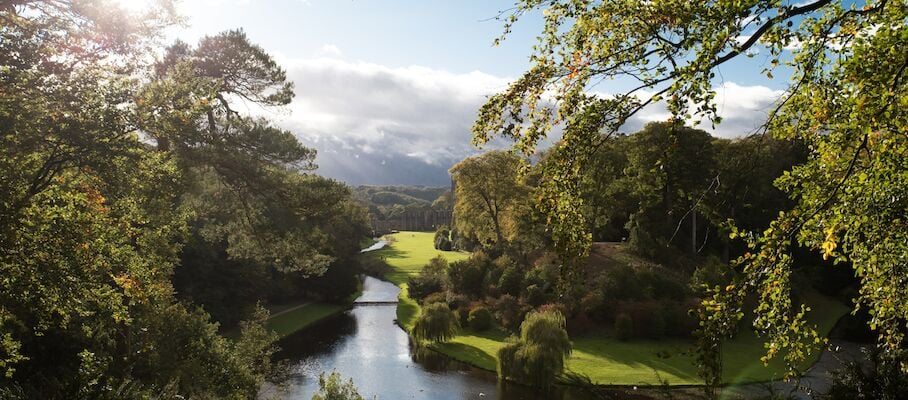News
In this section you can read the latest news from UNESCO in the UK. From blog posts and case studies to press releases and newsletters, use the search functionality to find what your looking for.

Case Study: Open Tools, Shared Heritage: Building meaningful collaboration around digital technologies and data sharing
In early June, I was invited to travel to Windhoek, Namibia, for Digital Technologies to Empower World Heritage in Africa - a conference and workshop supported by the Government of Flanders (Belgium)…

Case Study: MSc Sustainability at Anglia Ruskin University and the Eden Project; integrating the UNESCO Sustainability Competencies into higher education
Introduction … This piece explores how UNESCO Sustainability competencies are embedded within the content and pedagogy of a UK university master’s course aiming to equip graduates with the…












